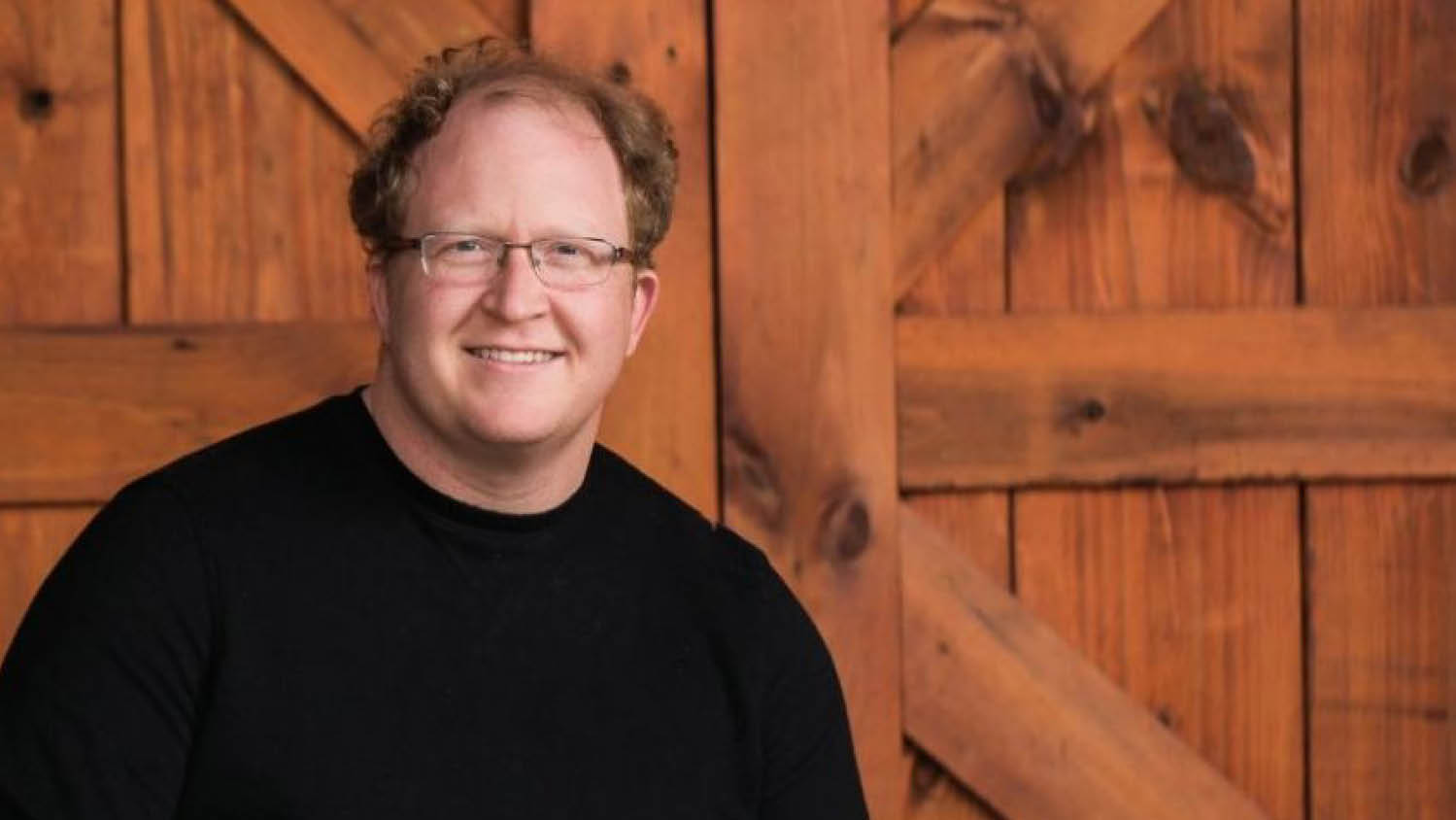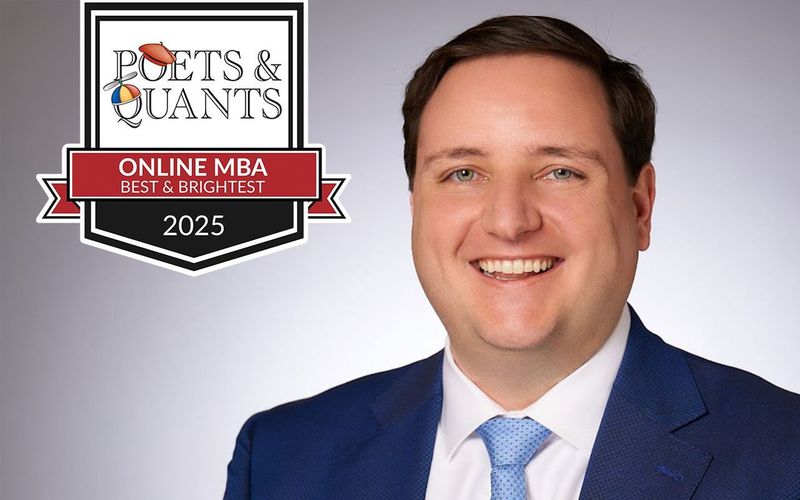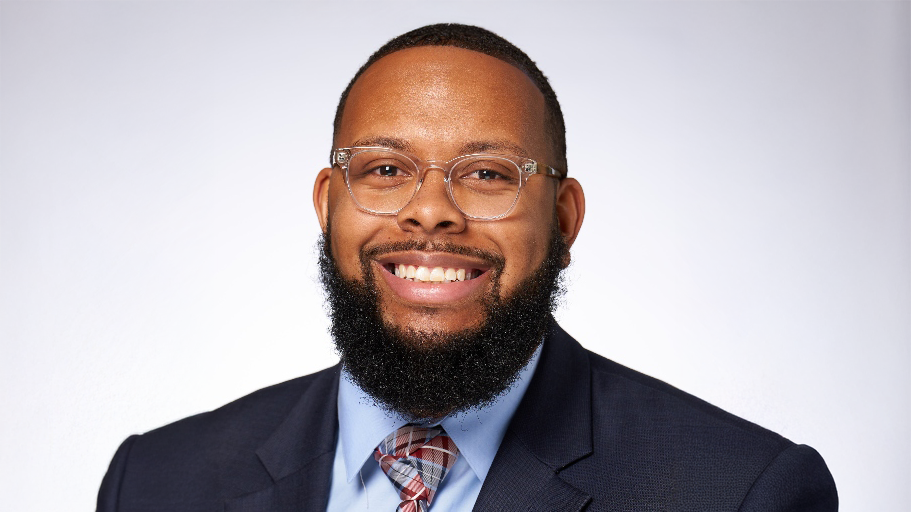How do go from teaching humanities to high school students to making whiskey with Alabama-born rapper Yelawolf? Via the Poole College of Management Jenkins MBA program.
Scott Bolin ‘12 has founded two start-ups since graduating: one company that could revolutionize the diaper industry and a second that’s changing the way spirits are made around the world.
Both companies — Tethis, named after the Greek goddess of fresh water, and Next Century Spirits — were born out of connections with researchers, investors and other advisors that Bolin made while at NC State University.
One of the first investors in Tethis was a serial entrepreneur and investor that Bolin met at an event for NC State alumni. And it’s not just money. Relationships — many of them with other Wolfpack alumni or people connected to them — help provide introductions, expertise and more.
“If I think my technology is good for a diaper, I can just basically look through my investors’ LinkedIn accounts, and say ‘Hey, this is really weird, but do you know someone who works at that diaper company? Can you make an intro?” Bolin says.
From biomaterials to baby diapers
The diaper industry is where Bolin’s first startup — Tethis — has focused after exploring applications for a water-absorbing material the company developed. The material is manufactured from common organic materials, such as cornstarch, and is biodegradable.
The water-absorbing gel in diapers is the primary component for which there is no “green” alternative, which means diapers continue to pile up in landfills.
“It’s an $8 billion product globally,” Bolin says. “To my knowledge, it makes diapers the only product that’s becoming less sustainable every year.”
In 2017, Bolin and his team found themselves raising new equity dollars so they could pilot a manufacturing facility for Tethis. As they were doing that, another opportunity presented itself.
NC State College of Natural Resources Associate Professor Joel Pawlak, who had been involved in Tethis’ early, pre-diaper product development, had figured out a way to dramatically speed up the process of turning alcohol into “finished” brown spirits — whiskey, bourbon and the like.
But when Bolin pitched to potential investors, it was hard to combine “diaper technology” and “whiskey making” into a coherent story.
“You get a lot of giggles, because it’s like ‘What?’” he says. “So we made the decision to split the company into two.”
Next steps
Bolin took over as CEO of the new company — Next Century Spirits — and remained on the board of Tethis, which hired an experienced chemicals executive as CEO.
Traditionally making brown spirits takes years. Wood is charred and toasted, then made into barrels. Clear liquor is stored in the barrels in old warehouses, and over several years it soaks up the colors and flavors from the charred wood.
“You hope that Mother Nature, with the temperature changes and everything, mellows it out the way you want it to,” Bolin says.
In the competitive $70 billion spirits industry, developing new products in pursuit of changing consumer tastes can take years. Entrepreneurs who want to start a new distillery typically face several years and millions of dollars of investment before they can sell their first bottle.
By contrast, Pawlak’s innovation allows liquors to be finished in just a few hours.
Now, Next Century-produced spirits are used in some two dozen products and have been shipped to three continents. Some companies that use the firm’s technology likely wouldn’t want it publicly known, but Next Century also produces its own award-winning liquors.
One of those brands, Creek Water Whiskey, is co-owned with Alabama-born rapper Yelawolf, who is better known for his collaborations with performers like Eminem.
“Imagine me in a sweater having a board meeting with him and you’ll laugh,” Bolin says. “He’s got tattoos literally on his eyelids.”
Bolin says the Jenkins MBA program emphasis on teamwork prepared him to work with a wide variety of people and personalities.
“NC State actually prides itself on going out of its way to make the teams as diverse as possible in every facet,” Bolin says. “My team of four, we were incredibly disparate. Being able to work together on things when you don’t come from hardly any shared background, that’s really crucial.”
Next Century is expanding globally and growing quickly, so it’s taking all his focus for the foreseeable future. But he’s caught the entrepreneurial bug.
“It’s almost impossible to not sit around and go ‘What if I did this? What if I did that?’” he says. “I think Next Century probably won’t be the last thing I do.”



